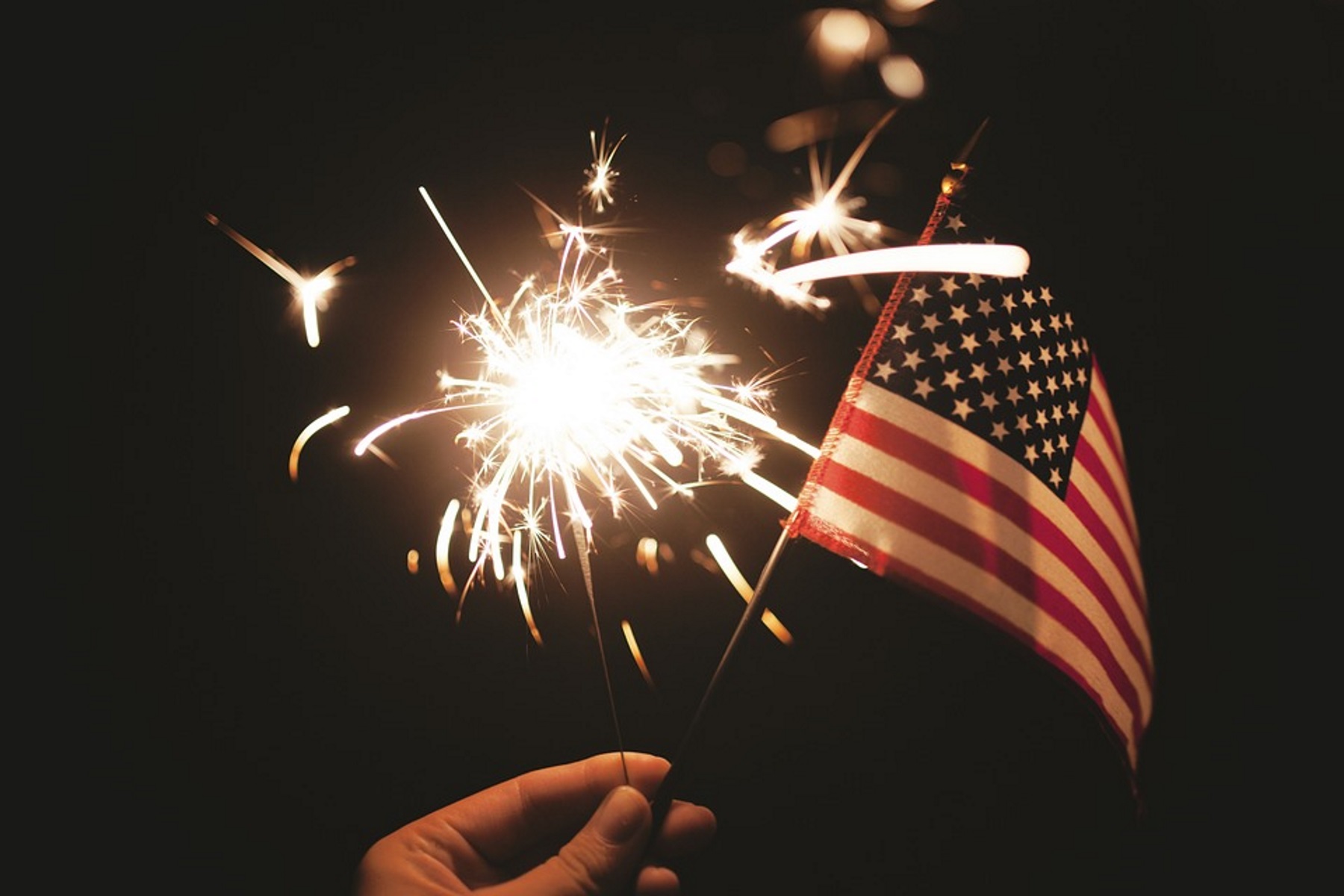Keep The Fourth Festive By Being Smart About Fireworks

Despite what you may read on the packaging, there is no such thing as fireworks that are safe for kids to handle on their own, says Children’s Healthcare of Atlanta. Even sparklers are dangerous.
Pixabay Images
Let’s face it: Fireworks are fun. And they’re as much a part of the Fourth of July as the American flag.
But they also can be dangerous.
In 2017, eight people died and more than 12,000 people were injured badly enough to require medical treatment after fireworks-related incidents, according to the National Safety Council. And half of those injuries were to children or young adults under age 20.
Injuries to children – most often burns – can involve the hands, fingers, head, face, eyes and ears. The American Academy of Pediatrics says nearly one-third of eye injuries can end up causing permanent damage.
A 2015 Georgia law allowed people to legally purchase fireworks, so they’re likely more prevalent now.
Despite what you may read on the packaging, there is no such thing as fireworks that are safe for kids to handle on their own, says Children’s Healthcare of Atlanta. Even sparklers are dangerous. Parents don’t realize that sparklers burn at 2,000 degrees, hot enough to melt some metals.
The safest place to enjoy fireworks is at a public display run by experts. But if your family is going to use them, here are some safety tips on fireworks from Children’s Healthcare of Atlanta and the National Safety Council:
- Never allow young children to handle fireworks.
- Always closely supervise kids around fireworks, even older ones. Many children burned by fireworks aren’t even lighting them. They’re just standing nearby when a firework goes off in the wrong direction.
- If you choose to give your kids sparklers, make sure they use them outside, wearing closed-toed shoes, holding them at arm’s length.
- Never use fireworks while impaired by drugs or alcohol.
- Anyone using fireworks or standing nearby should wear protective eyewear.
- Never light them indoors.
- Only use them away from people, houses and flammable material.
- Never point or throw fireworks at another person.
- Light only one device at a time and maintain a safe distance after lighting.
- Never ignite devices in a container.
- Do not try to re-light a dud.
- Don’t allow kids to pick up pieces of fireworks after they’ve exploded. Some may still be ignited and can explode at any time.
- Keep a bucket of water, a hose or a fire extinguisher nearby to fully extinguish fireworks that don’t go off or in case of fire.
- Completely extinguish used fireworks before throwing them away. This can prevent trash fires.
- Soak both spent and unused fireworks in water for a few hours before discarding.
- Never use illegal fireworks.
- Keep matches, lighters and fireworks hidden from children when not in use.
Andy Miller is editor and CEO of Georgia Health News





